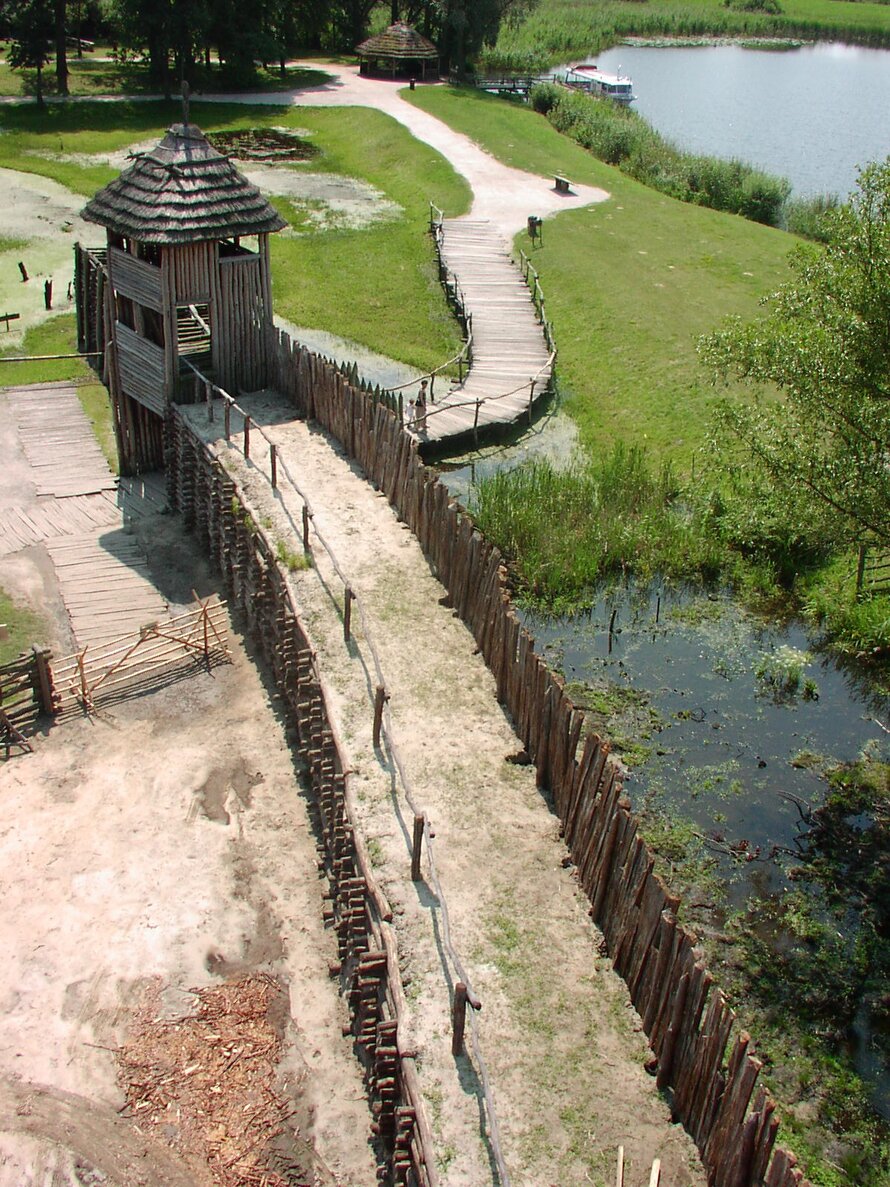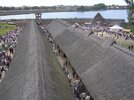Archaelogical Open-Air Museum, Biskupin
Early Iron Age fortified settlement discovered in the 1930s posed serious problems regarding the conservation of wooden constructions. Part of site had inappropriately been reconstructed shortly after the World War II and began to be dangerous for visitors outnumbering 300 000 a ...
Read more
Project details
| Title: | Archaelogical Open-Air Museum, Biskupin |
|---|---|
| Entr. year: | 2006 |
| Result: | Medal |
| Country: | Poland |
| Town: | Biskupin |
| Category type: | archaeological sites |
| Building type/ Project type: | Urban renewal/design - Village renewal/design |
| Former use: | Fortified settlement |
| Actual use: | Open-Air Museum |
| The Jury's citation: | For the development of a sustainable system for the conservation of waterlogged timber, and for the interpretation and presentation of one of the most important archaeological sites and open air museums in Central Europe. |
| GPS: | 52°47'19,0"N; 17°44'44,2"E |
| Web, Links: | www.biskupin.pl/asp/pl_start.asp?ref=1&typ=13&menu=4&strona=1&m=3&nazwa=285&schemat=0 |
Description:
Early Iron Age fortified settlement discovered in the 1930s posed serious problems regarding the conservation of wooden constructions. Part of site had inappropriately been reconstructed shortly after the World War II and began to be dangerous for visitors outnumbering 300 000 a year. Between 2005 and 2006 the followings works were done : 1- Arranging a pioneer monitoring system for ancient timber (level of the ground-water, oxygen access, micro-fauna, fungi, etc). 2- Enlargement, rebuilding and equipping the wood conservation of preserved constructions, through the use of the most recent technologies. 3- Thorough and appropriate reconstructing of a large part of ramparts, the gate, two rows of streets and log dwellings, giving access tohandicapped visitors. 4- Enlargement, rebuilding, equiping (central-heating using natural sources of energy) and changing of design (from modrenistic into regional style) of the exhibition hall, giving a possibility for European-wide exchange of temporary exhibitions. 5- Restoring native tree stands in the area of the Open-Air museum (24 hectares) and arranging of new experimental archaelogy sites, increasing the possibility for the wider public to participate in interactive presentations and workshops.
Similar projects
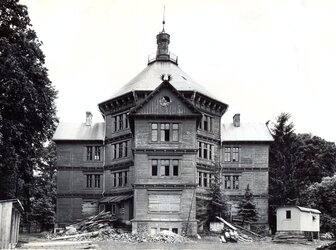
19th century
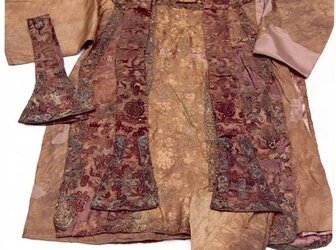
16th-18th century
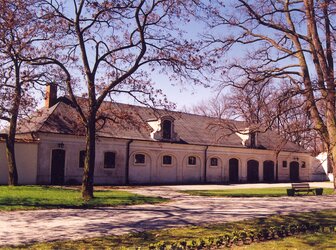
18th century
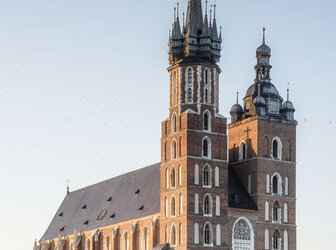
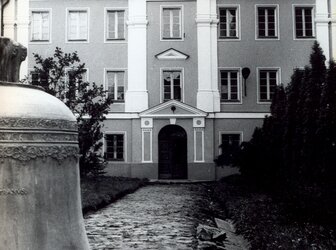
15th century
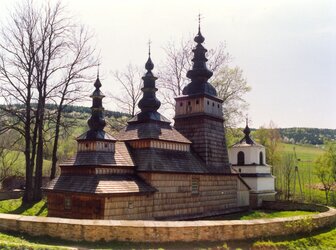
16th-17th century
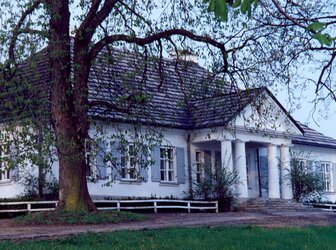
18th century

19th century
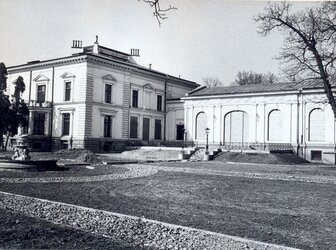
19th century
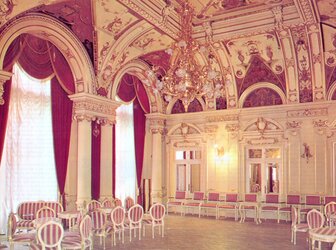
19th century
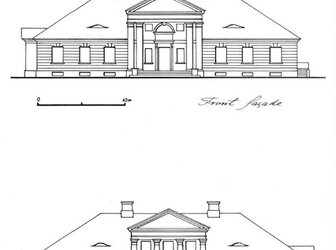
18th century

17th century
